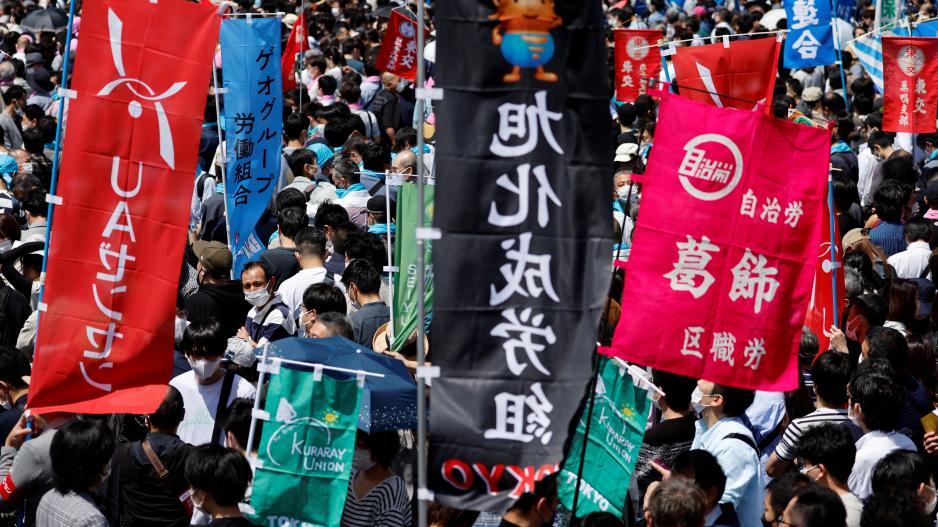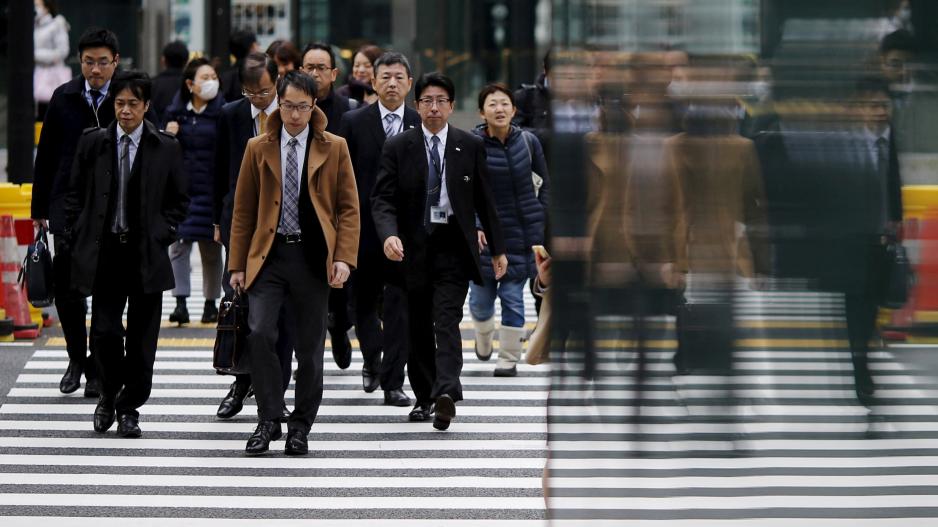Japan Sees Highest Wage Increase in 33 Years
Companies Agree to 5.10% Average Monthly Pay Raise Amid Economic Recovery Efforts
Japanese companies have agreed to an average monthly pay increase of 5.10% this year, marking the largest rise in 33 years, according to the country's largest trade union, Rengo, following their March survey of businesses.
The outcome of the "shunto," which literally means "spring labor offensive," is seen as crucial for Japan to achieve a positive cycle of economic recovery driven by improved household income and consumption, offsetting the rising cost of living.
Achieving positive and self-sustaining growth could help policymakers decisively end deflation and bring the Bank of Japan closer to further interest rate hikes as part of its efforts to normalize monetary policy.
In mid-March, large companies announced that wage increases had accelerated to 5.28%—the highest in 33 years. Subsequently, the BOJ made a landmark decision to end its negative interest rate policy and its yield curve control of Japanese government bonds.

With the wage increases at large companies finalized, attention has now shifted to whether these increases can spread to small businesses that struggle to pass on costs to improve profit margins.
While the hourly pay for part-time workers is rising rapidly, given corporate Japan’s need to attract new and capable employees to address a chronic labor crisis, income gaps remain significant.
As part of efforts to address this gap, Japanese Prime Minister Fumio Kishida's government has pledged to raise the minimum hourly wage to 1,500 yen (8,62 euros) from around 1,000 yen (5,74 euros) on average by the mid-2030s.






